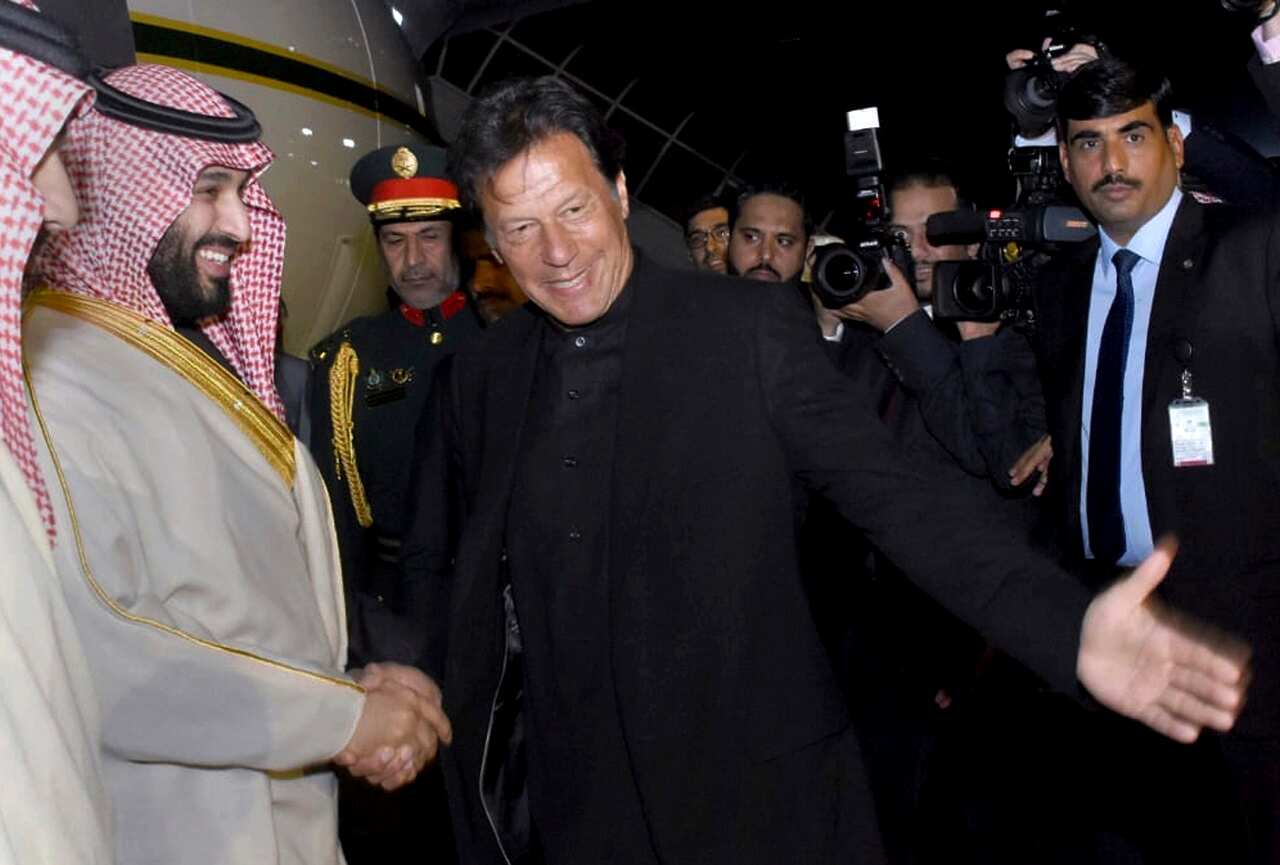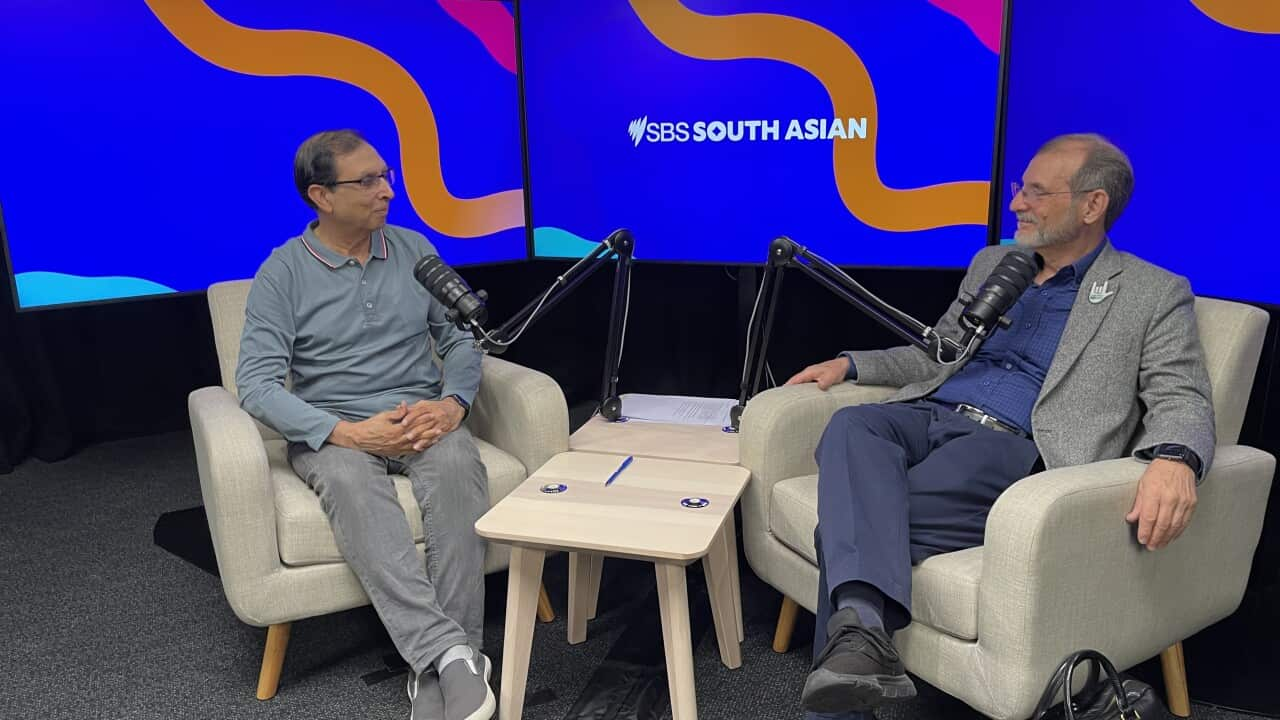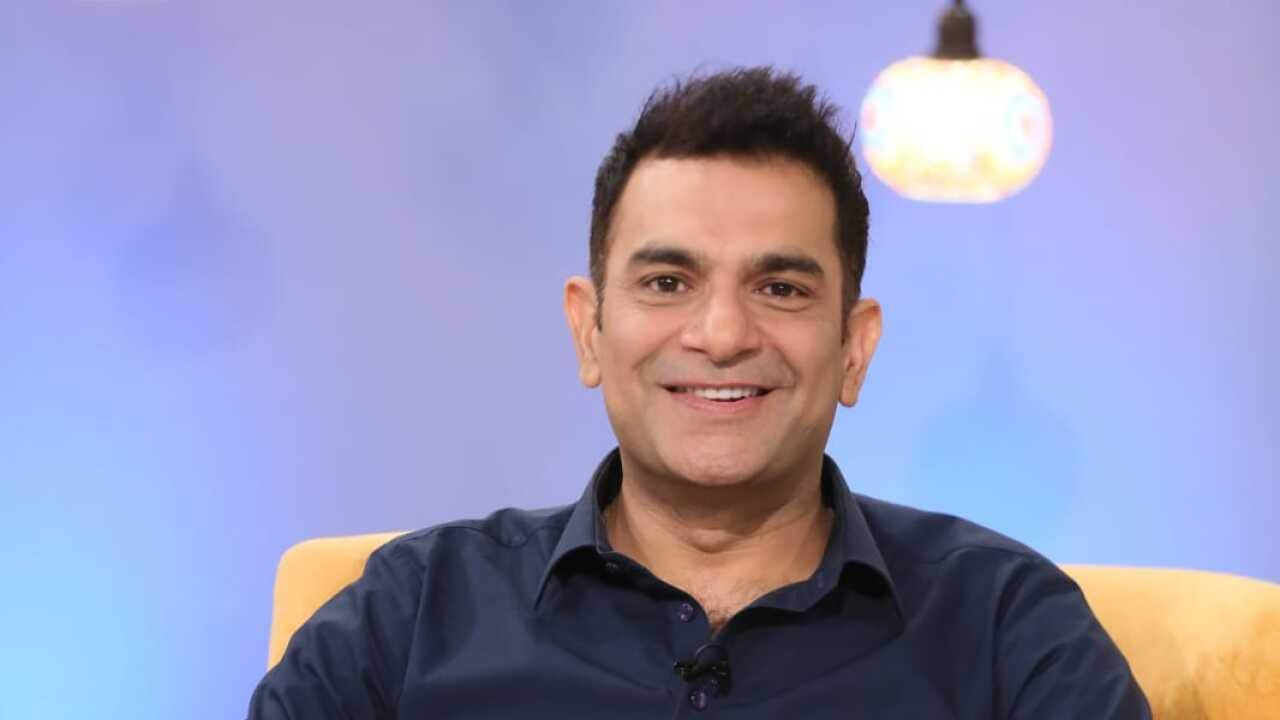At a recent public forum on peace and conflict in Afghanistan, H* found herself in an ethical paradox. Should she introduce herself to a room full of white Australians, as being of Pakistani descent to add context to her comments or rather keep her native affiliation to herself to let the space be safe for her and others?
After the talk, H says there appeared to be a general consensus amongst the audience about Pakistan and tendency towards potential extremism.
She chose to go ahead, adding that Pakistanis were not as notorious as they were thought to be. As part of the Pakistani diaspora in Australia, she says, she finds herself in similar situations more than she had expected.
In 2011, Pakistan was ranked number three on the Universal Terrorism Index. In 2017, it came down to number six. While academic researchers and politicians express some relief, saying Pakistan has come a long way in its fight against terrorism, it is evident that challenges still persist.
The factors, structures and culture that promoted Talibans and other militant groups in the region and their ideologies have still not been defeated or taken care of: Dr Shabbir Hussain
Author and academic Dr Shabbir Hussain teaches peace and conflict communication in Pakistan and has served at the University of Sydney as a researcher at the Department of Peace and Conflict Studies.
He says that while the conflict is arguably under more control as the Taliban are not as much in power as they were a decade ago, the factors, structures and culture that promoted the Taliban and other militant groups in the region and their ideologies, have still not been defeated.

“After having lost 80,000 Pakistanis to this conflict, we still haven’t learned our lessons or identified the factors; and failure to do so might lead to these problems regenerating in a different shape.”
Do diaspora bear the brunt?
Diaspora often faces numerous questions whenever an event of such nature takes place in their home country or a careless comment is made by a political leader back home. Pakistani prime minister Imran Khan’s recent statement in Iran about Pakistani militant groups being active in Iran on and off have had the same effect on the Pakistani diaspora around the world.
Sajjad Akram, who works at a convenience store in Sydney's north, says he had two people ask him the same question within the week of the PM’s remarks: Why is your country sending terrorists to the neighboring countries?
“I was flabbergasted,” he tells SBS Urdu, “I was out of touch with the news those days and I had absolutely no idea where they were coming from and what to say in my reply.”
“But inside my heart, I got scared. I got scared for my degree, my job, my safety.”
Is a common Pakistani extremist?
Ahsan Iqbal, member of the National Assembly of Pakistan and a former interior minister, stresses the need for policies of de-radicalisation and de-recognition.
Talking to SBS Urdu during his Sydney visit, he said terrorism and extremism were the baggage that Pakistan had inherited from the past governments and proxy wars.
"They asked me why my country was sending terrorists to the neighboring countries... inside my heart, I got scared. I got scared for my degree, my job, my safety."
He said the Pakistani people had demonstrated in every election that they are moderate and rejected extremist policies and those who endorsed such ideologies.

“Extremism is not ingrained in their ethos and nature. Extremism in Pakistan has only emerged and evolved during non-democratic eras.”
Dr Hussain, who has undertaken extensive work on sectarian and extremist violence, though looks at the situation with a different angle, but thinks along Iqbal’s lines when it comes to Pakistanis and extremism.
“Pakistanis do not endorse or want extremism. They have never voted such groups into power and are sick-and-tired of this problem.”
Pakistani people have demonstrated in every election that they are moderate and rejected extremist polices and those who endorse such ideologies: MNA Dr Ahsan Iqbal
Road to regional peace
Basic theories of political science and international relations argue that regional peace is a far-fetched dream unless there is peace and harmony among neighbouring countries. Recently Pakistan has been extending a flexible hand of friendship towards China and Saudi Arabia lately, both by words and actions. Is that enough?
Dr Hussain believes it’s not.
“Actually Pakistan’s relationships with China are more economy-led than political. That is good, but we also need better relationships with India, Iran and Afghanistan. We have to admit that while there is a problem with the policies of the Pakistani government, its neighbours seem to be giving up, now.”

Pakistan’s Prime Minister Imran Khan’s recent dodging of a question on the reported detention of two million Muslims in the western Chinese region of Xinjiang, saying he "didn't know much" about the issue, is seen as part of this “special love for China”.
According to think tank CSIS, Pakistan is one of Beijing's biggest arms buyers having purchased more than $6 billion of Chinese weaponry between 2008 and 2017. Pakistan has also benefited greatly from Chinese infrastructure spending, as part of President Xi Jinping's global Belt and Road initiative.
The role of Saudi Arabia, too, in regional politics cannot be ignored. The Saudi Crown Prince visited Pakistan in February this year, announcing $20 billion of investment. The Kingdom also recently agreed to supply oil worth $3.2 billion (US) per year on deferred payments for three years. Throughout the 1980s, during the Soviet invasion of Afghanistan, the Kingdom collaborated with Pakistan to defeat Soviet forces, providing financial help to support Mujahideen fighters.
Both Dr Hussain and Iqbal believe that the road to regional peace will have no destination until Pakistan’s relationships with all its neighbours are harmonious.
*Identity has been protected on request.
Follow SBS Urdu on Facebook and Twitter.
Also, listen to SBS Urdu radio program on Wednesdays and Sundays at 6:00 pm AEDT




